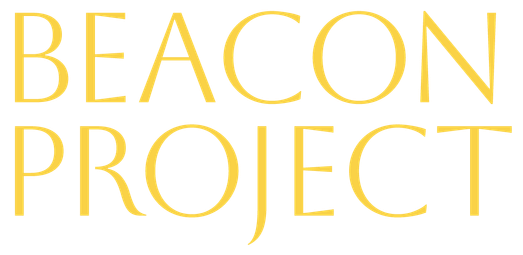Introducing Potentialism
Introducing Potentialism: A New Vision for America's Exhausted Majority

Why This Matters
- For the Exhausted Majority: A vision that transcends left-right polarization and offers practical hope
- For Educators: A framework that recognizes both individual potential and structural barriers
- For Policy Makers: Cross-partisan appeal with 80% agreement across political parties
- For Community Leaders: A shared language for building civic culture beyond divisiveness
- For America's Future: A roadmap for reimagining democracy in the 21st century
The Exhausted Majority
In 2018, More in Common published an influential study on political polarization called Hidden Tribes. The study revealed that two-thirds of Americans belong to what it called the "Exhausted Majority."
The Exhausted Majority is fed up with political polarization. They want people to disagree without hating each other. They want leaders to work together to address shared problems. They want to live in a world where people's political beliefs do not define them.
A new civic vision that transcends the political binary by recognizing both individual agency and structural barriers—reflecting how most Americans actually think about society.
The Core Principle: Everyone Has Something to Offer
Potentialism begins with a straightforward assumption about human nature: everyone has something to offer. Call it a "gift."
This simple premise leads to profound implications for how we structure society. If everyone has gifts to develop and share, then we face two complementary moral imperatives:
The Twin Pillars of Potentialism
- Individual Responsibility: Each person has a responsibility to develop their gifts and contribute to society
- Collective Responsibility: Society has a responsibility to create conditions where everyone can develop and share their gifts
Transcending the Political Binary
Potentialism transcends the traditional left-right political divide in important ways:
The Left tends to emphasize: Systems and institutions shape outcomes. Structural barriers prevent people from succeeding. Society must address inequality and create opportunity.
The Right tends to emphasize: Individual choices determine outcomes. Personal responsibility matters most. People must work hard and make good decisions.
The Exhausted Majority recognizes: Both institutions and individuals matter. Personal agency exists within structural contexts. We need both individual responsibility and collective support.
In its acknowledgement of the right and responsibility to develop one's gifts, potentialism reflects this duality. Evidence collected by the Beacon Project confirms potentialism's cross-partisan appeal: about four in five Americans—regardless of political party—agree with the potentialist maxim.
Applications: From Education to Community
Perhaps the most relevant area for potentialism is education. The framework offers a way to think about educational purpose that goes beyond test scores or college admissions:
- Student-Centered Learning: Education should help each student discover and develop their unique gifts
- Equity and Excellence: All students deserve both support and high expectations
- Multiple Pathways: Success looks different for different people—vocational, academic, artistic, entrepreneurial
- Social Contribution: Education prepares students to contribute to their communities
Beyond education, potentialism offers insights for:
- Economic Policy: Balancing market freedom with social support
- Community Development: Creating spaces where everyone's contributions are valued
- Criminal Justice: Focusing on rehabilitation and restoration of dignity
- Health Care: Enabling people to live full, productive lives
- Civic Engagement: Encouraging participation from all sectors of society
This is the first article in a series. Over the coming weeks, we will release more articles explaining potentialism in depth. Do you think potentialism can help? Why or why not? Let us know!
The Beacon Project: Using Science to Build Civic Vision
The Beacon Project is a multi-year initiative at More in Common funded by the Templeton Foundation. Our mission: to use scientific insights to develop a new civic vision for 21st century America.
Our research approach combines:
- National surveys of American values and beliefs
- Natural language processing and artificial intelligence
- Hundreds of in-depth interviews with Americans
- Analysis of millions of social media posts
- Conversations with experts in philosophy, psychology, and political science
- Engagement with classic and contemporary political philosophy texts
Current projects include:
- "Am I the Asshole?": Using AI to analyze Reddit's largest repository of moral dilemmas
- Agency, Justice, and the New Social Contract: Research on Americans' beliefs about personal agency
- Mapping Beliefs About Civic Duty: Understanding modern conceptions of citizenship
- Building Community: Gathering world-class scholars to discuss moral responsibility and democracy
More in Common's Track Record
- Hidden Tribes study featured on front page of New York Times
- "Exhausted Majority" adopted by multiple presidential campaigns
- Research highlighted in over 3,000 news articles
- Started loose network of organizations promoting pluralism
- Academic research published in Nature Communications, PNAS, and other leading journals
Read the Full Series
This is just the beginning. Follow The Beacon Project to receive updates as we release more articles exploring potentialism and building a new civic vision for America.
Read on Substack →